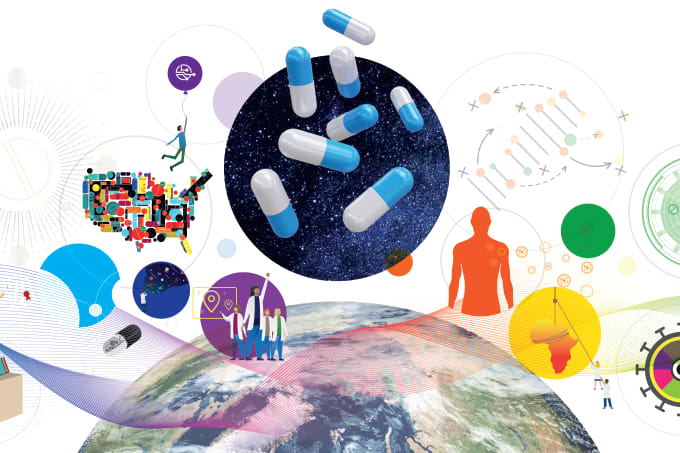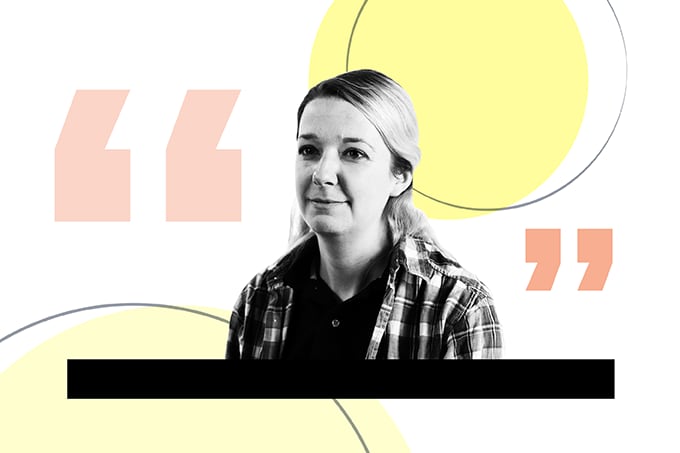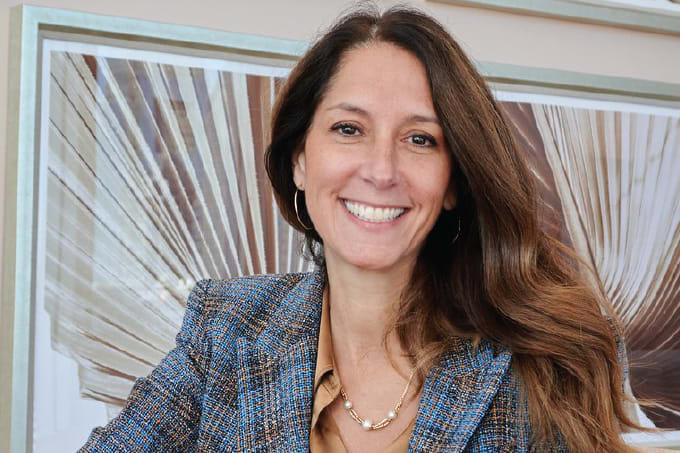I was recently invited to speak at the International Society Cell and Gene Therapy’s (ISCT’s) conference in Florence, Italy, on the communication of cellular therapies. The title of my presentation? “The Journalist’s Dilemma: Science Versus Sensationalism.” It’s clear that cell and gene therapies are incredibly exciting, with “the potential to transform medicine,” as FDA Commissioner Scott Gottlieb put it – so we journalists want to talk about them. But we also don’t want to sensationalize the research. I’ve heard stories of clinics being bombarded with calls from patients wanting to know if they could benefit from a CAR-T cell therapy, despite the fact that only around 300 patients are eligible for treatment. At the same time, we’ve got the growth of unproven cell therapy clinics, tapping into the hope (or hype)generated by media coverage.
There are often three steps to the science communication process: the journal article, the press release, and the news article – each with incentives to boost the impact of the research and play-down the caveats. Of course, the ultimate responsibility for the claims made in a news story lie with the journalist. But it turns out that a major source of hype in science news originates at the second stage: the university press releases. One study looked at hundreds of papers, press releases, and news articles and found that 33 percent of primary claims in press releases were more strongly deterministic than those present in the journal article (1). Thankfully, I’m able to check claims and often speak with authors directly – but others are less picky. And when an increasingly busy reporter is confronted with an enticing press release and, perhaps, a less-than-readable journal article (aflush with technical terms and unnecessarily complex language), it’s easy to understand where the problem arises. If we want effective science communication, we need researchers to take more responsibility for how institutions report their research; the whole “story” should be comprehensible to a busy news reporter.
It would appear that there are two types of sensationalizing journalists out there: the unscrupulous/incompetent and the lazy/busy. There isn’t a great deal that scientists can do about the former, but they can certainly have an impact on the latter. Please share science responsibly!
James Strachan Deputy Editor

References
- P Sumner et al., “The association between exaggeration in health related science news and academic press releases: retrospective observational study,” BMJ 349 (2014).




